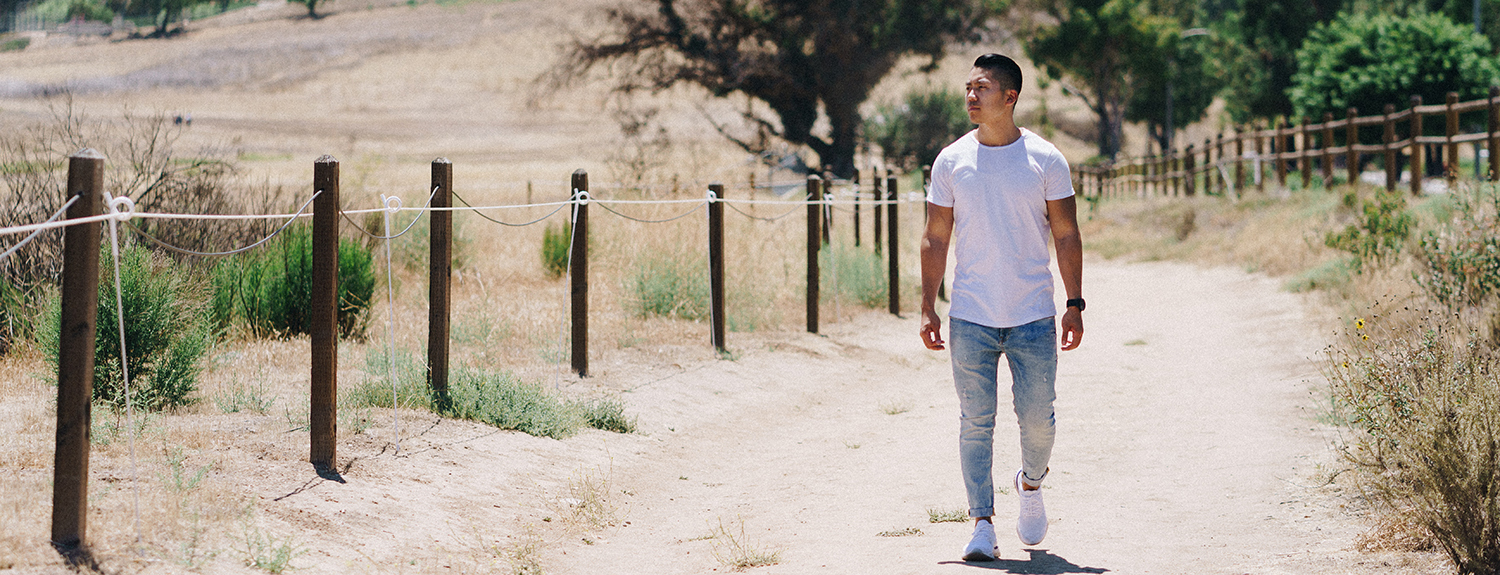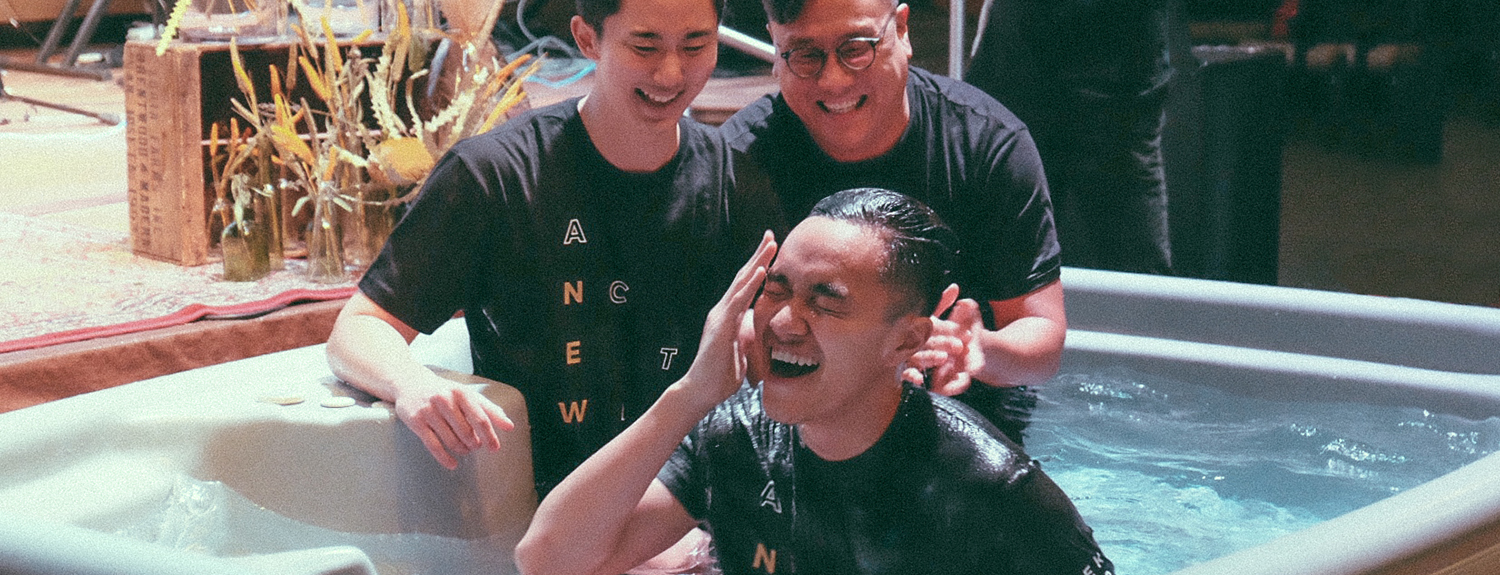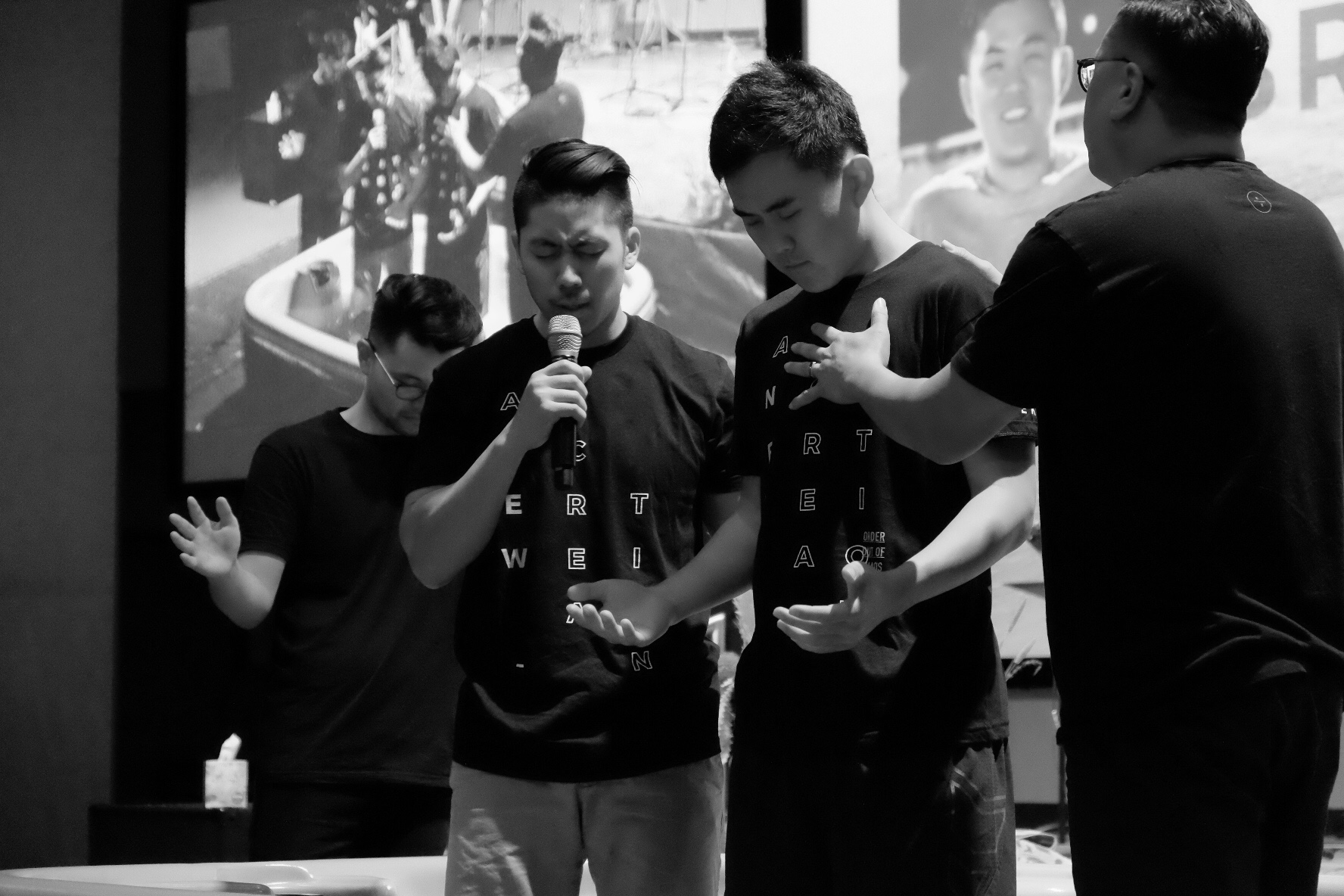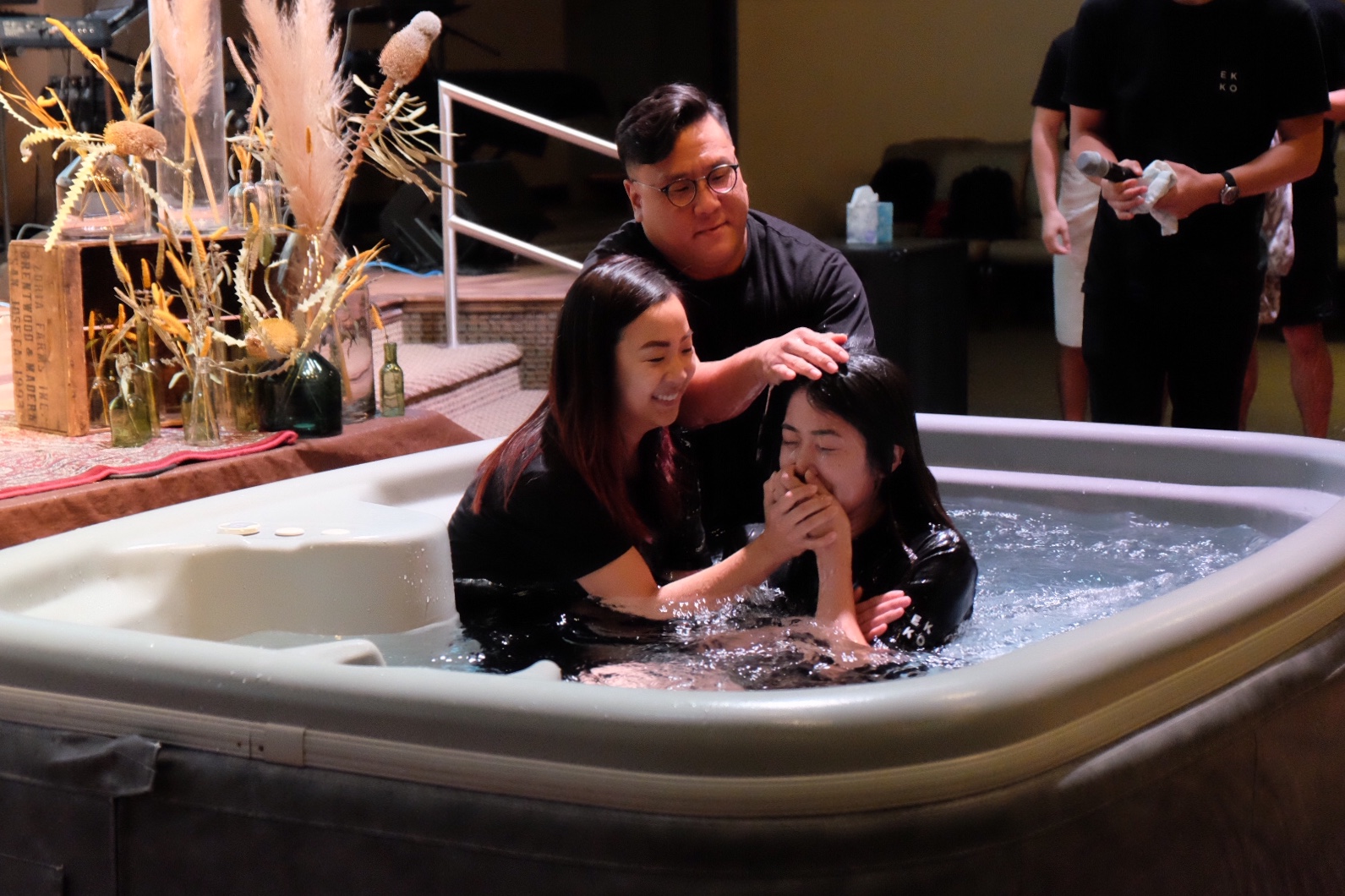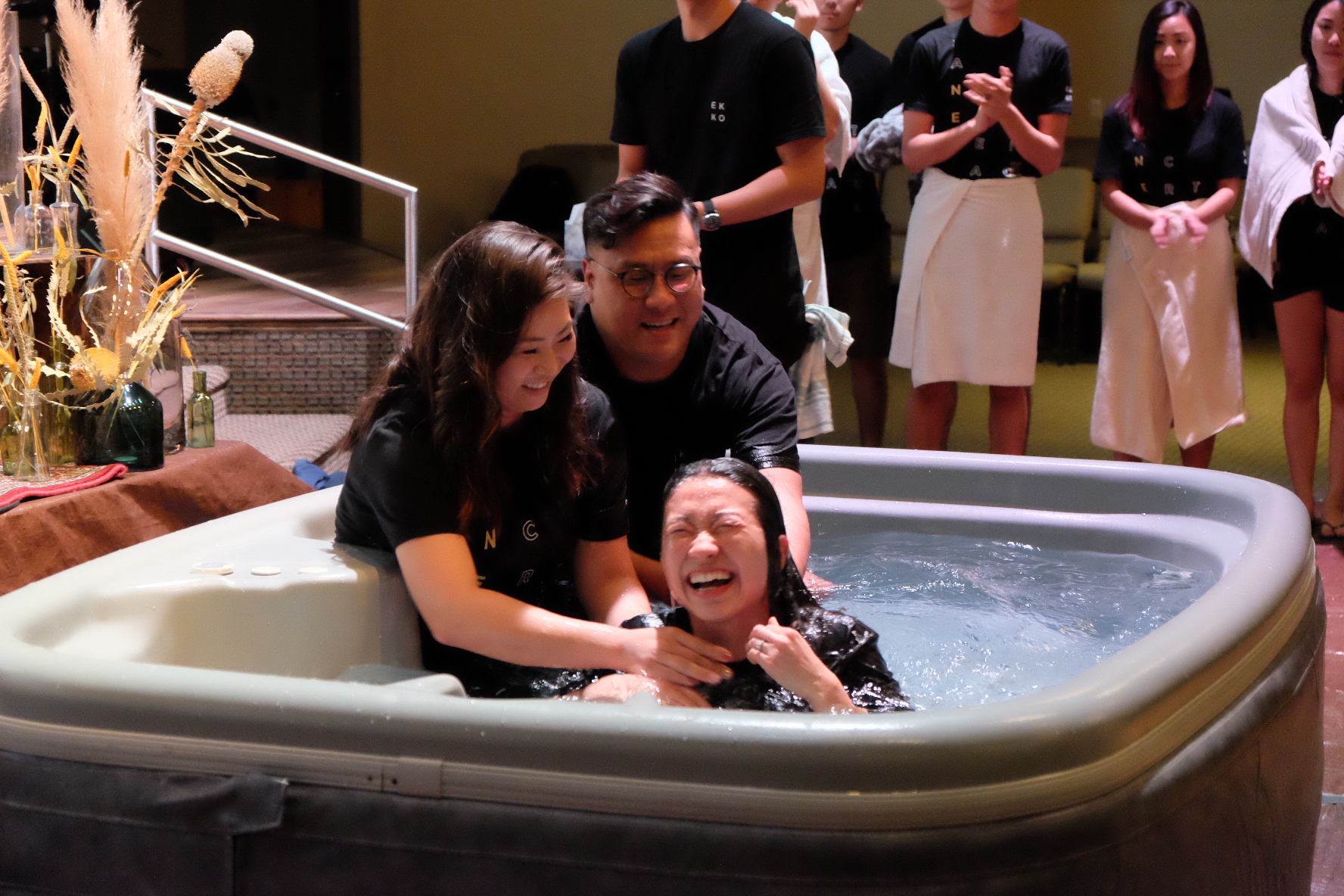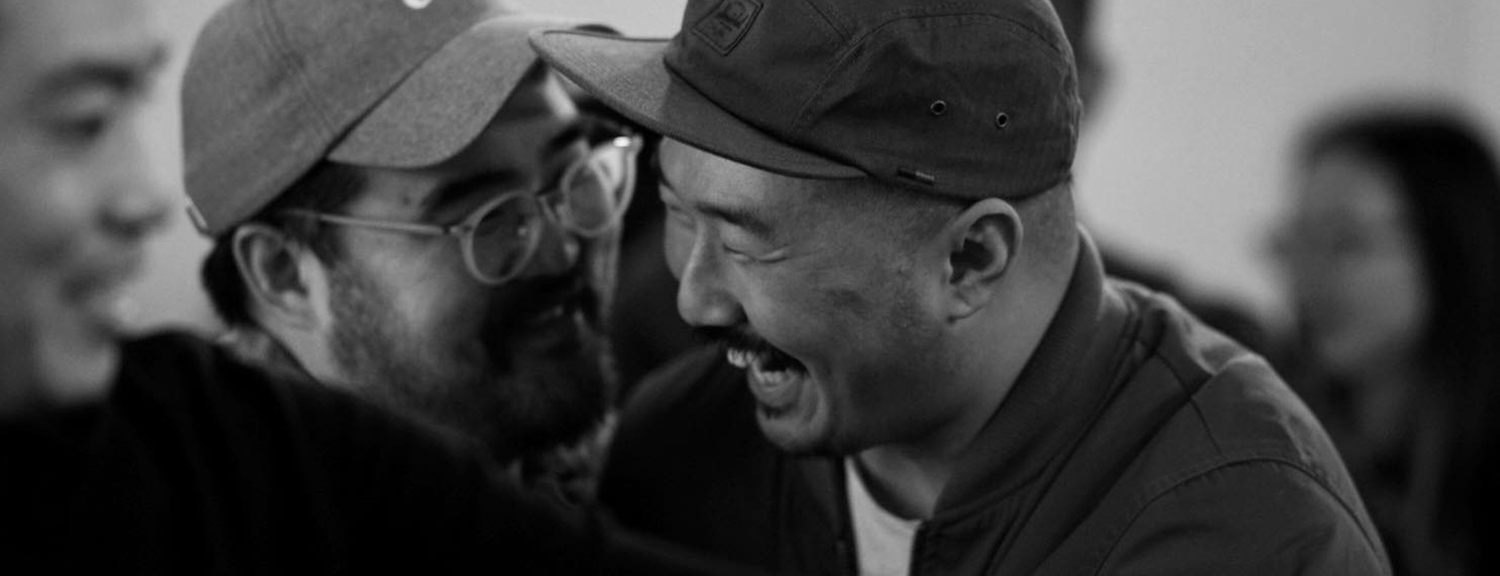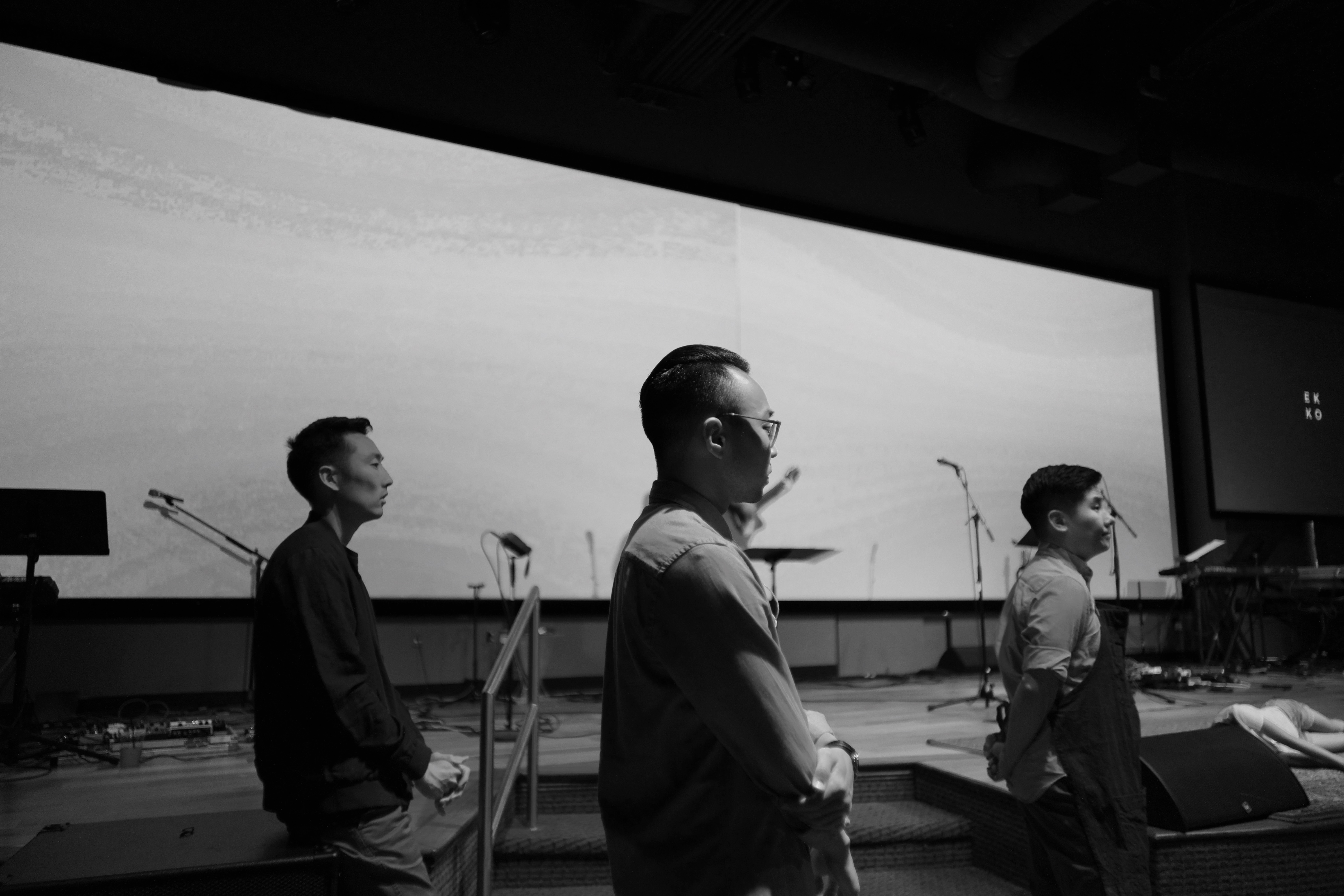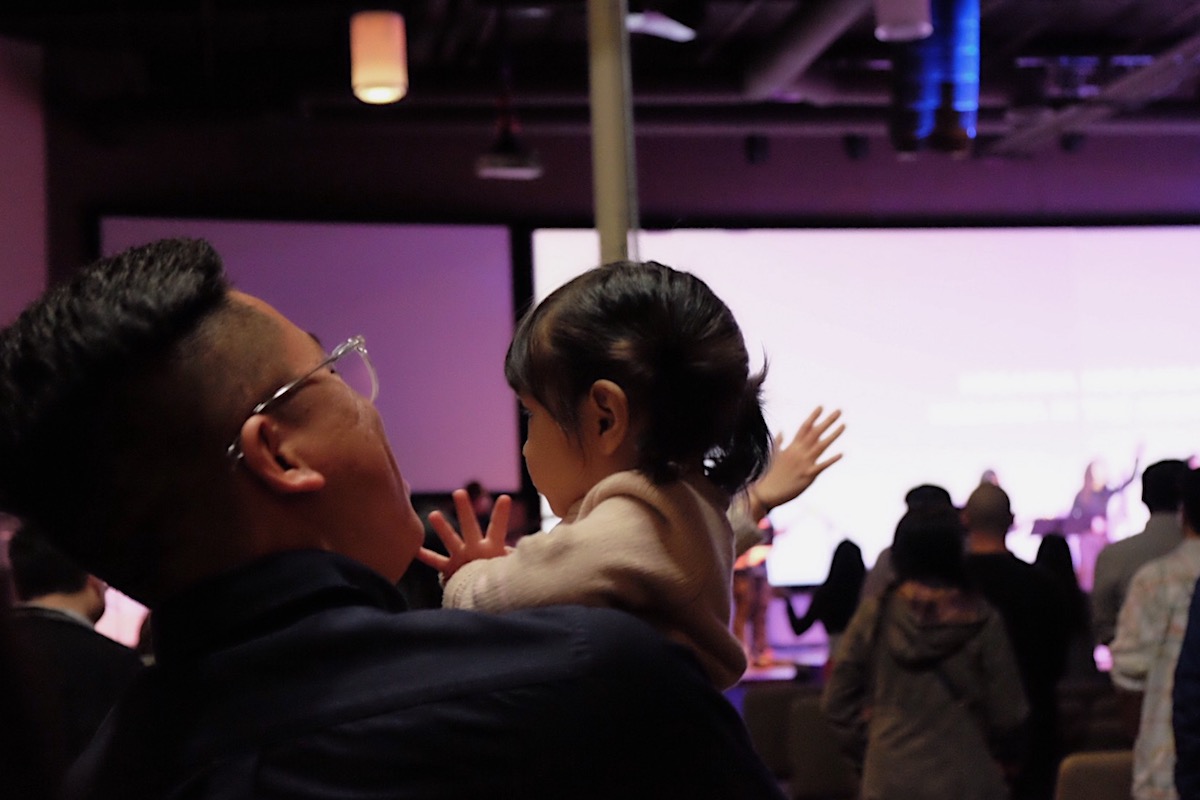He holds his breath as he opens the mail and scans the first sentences.
We regret to inform you…
At this time, we are unable to…
Thank you for your interest…
He exhales. A pin drops in his stomach. Here we go again, he thinks to himself.
For the past four years, John has been applying to countless physical therapy programs, and each year, he has faced round after round of closed doors.
After receiving the first set of rejection letters, John decided to retake classes and work as a PT aide at a local clinic. “There was no guarantee that taking classes would get me into school or raise my chances, but I had to do something,” John says. And each year, despite the disappointment of not getting accepted, he felt a responsibility to stay put and work hard.
“PT aide jobs are meant to be temporary. There was such a high turnover at the clinic, but I made the decision to stay and be a rock for the owner,” he continues. John ended up working a minimum wage job at that clinic for four years and ultimately became an integral part of the team. But to stay was challenging and disheartening, “It was hard watching PT aides come and go and my friends progress in their careers,” he explains. It would have been easier to quit and try a different career route.
But John remained faithful and steadfast through the mundane, day in and day out routine of class and work.
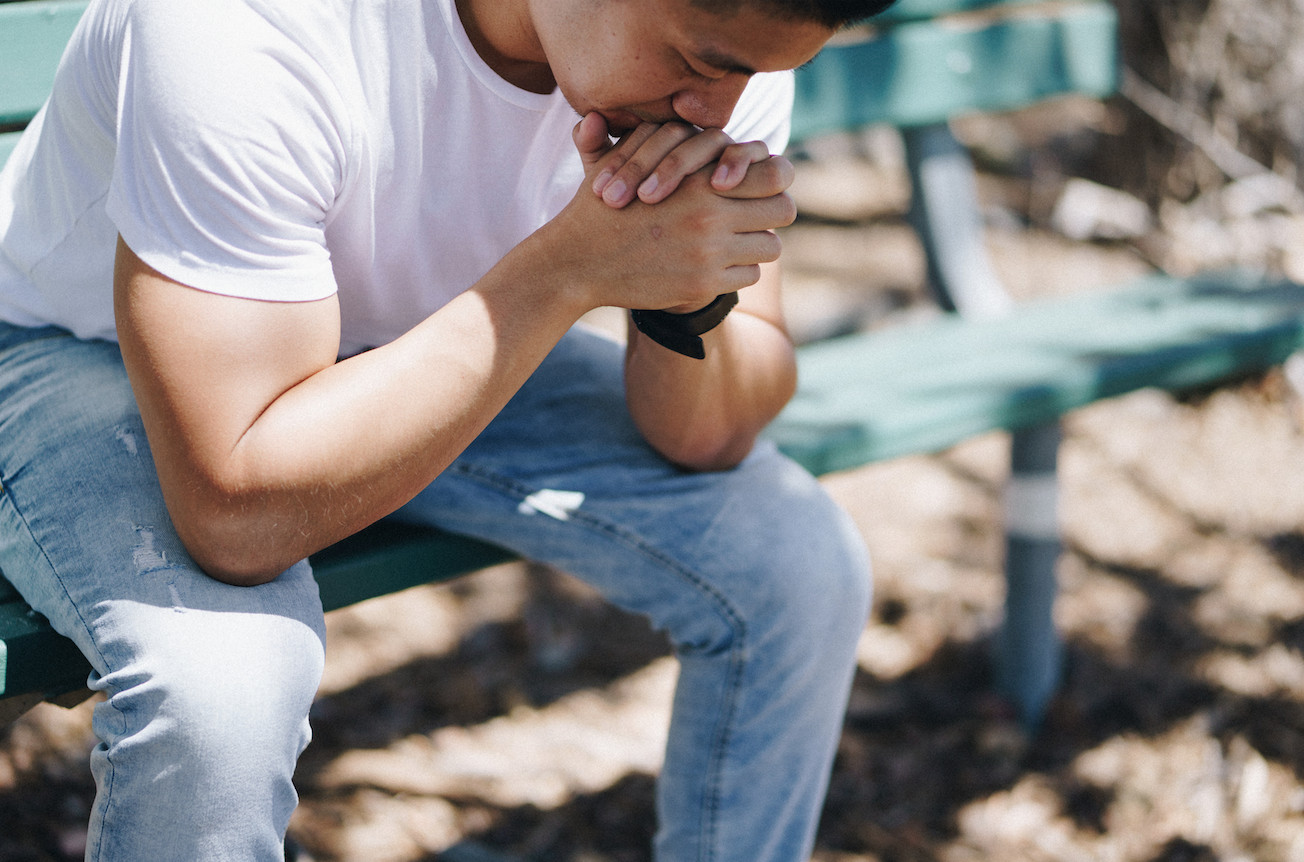
Growing up, John explains that he was never the smartest nor the strongest, “But I always tried really hard. I’d always grit it out,” he says. However, even armed with tenacity, John began to understand in this season that sometimes, even your best isn’t good enough.
He couldn’t do this on his own.
“Sometimes you can’t always just grit it out. And that’s when I learned that I need to give it to God and wait.”
Part of giving his dream to God was wrestling with it in community. Early on in his journey, John visited Ekko with his friend and from the first day, he decided to go all in. He signed up for Orthopraxis right away and got plugged into the community. As he got integrated into Ekko, his relationship with God deepened and he began to mature in his faith. “I began thriving in community. I think without their support, I would’ve given up. But so many people had faith in me. For so many years they prayed for me.”
By the third year of his journey, John had the opportunity to go on a medical missions trip to Lebanon and work with Syrian refugees. In his experience, he was able to exercise his limited physical therapy skills while sharing the Gospel with them. “That was the first time I ever evangelized in my life. And that’s when I started to catch God’s vision and heart for those who are suffering,” he says.
The missions trip shaped his vision and purpose in what would be his future career — no matter how long it would take for him to get there. He admits that before the trip, his aspirations were simply to become a successful physical therapist and own a practice one day. He had always had a desire to help people, even from a young age, but God wanted to expand his vision and mission.
“I believe God wanted me to go out and grow and see those in the world who need healing physically and spiritually. He captured my heart there,” he says.
“Waiting exposes our idols… It brings us to the end of what we can control and forces us to cry out to God. God doesn’t waste our waiting. He uses it to conform us to the image of his Son.”
— Betsy Childs Howard
As John tells his story, he sits outside a glass building wearing navy blue scrubs with pens and highlighters protruding from his pocket. He has just ended a long day of class and is about to spend the next several hours of his night studying Anatomy. The late afternoon sun warms the glass behind him and there is a rustle of students walking about.
After his fourth year of trying to get into school, he finally got pulled off the waitlist and was accepted into Loma Linda’s competitive physical therapy program. He often looks up as he recounts the years he spent working and waiting to get to this point in his life, and gratitude and faith overflow from his spirit.

“I’m so tired. I’ve never studied so hard in my life,” he says with a big, exasperated laugh, “But I get to do this. I get to live my dream.”
It is in hindsight that he’s able to see God’s thread so clearly woven in and through each season, each obstacle and even each closed door. The timing was perfect, he says, “I think it took so long because God wanted me to grow and go out and see those in the world who are suffering. I needed to learn how to be faithful and shape my vision for those who need healing.”
There was a purpose in the waiting season and in the rejections when it seemed like nothing was happening or working out. He ponders out loud, “If I had gotten in right after school, or the year after, or the year after that, would I have this community? Would I have this relationship with God? Would I have this vision or be at this school?”
As he waited for God, persevered through discouragement and dove into community, John learned to listen for God’s voice and to go where He was leading. “Waiting, for me, wasn’t about doing nothing. Waiting was doing all kinds of things but trusting that God was working. I just had to keep listening and being open and faithful,” he says.
“In my moments of weakness, God came through. I can only give Him the glory, because my best wasn’t enough.”
“I learned you just have to keep going, keep fighting, keep giving it your best. There’s going to be breakthrough. God controls the timing and outcome. He is working and there is a purpose in waiting.”
